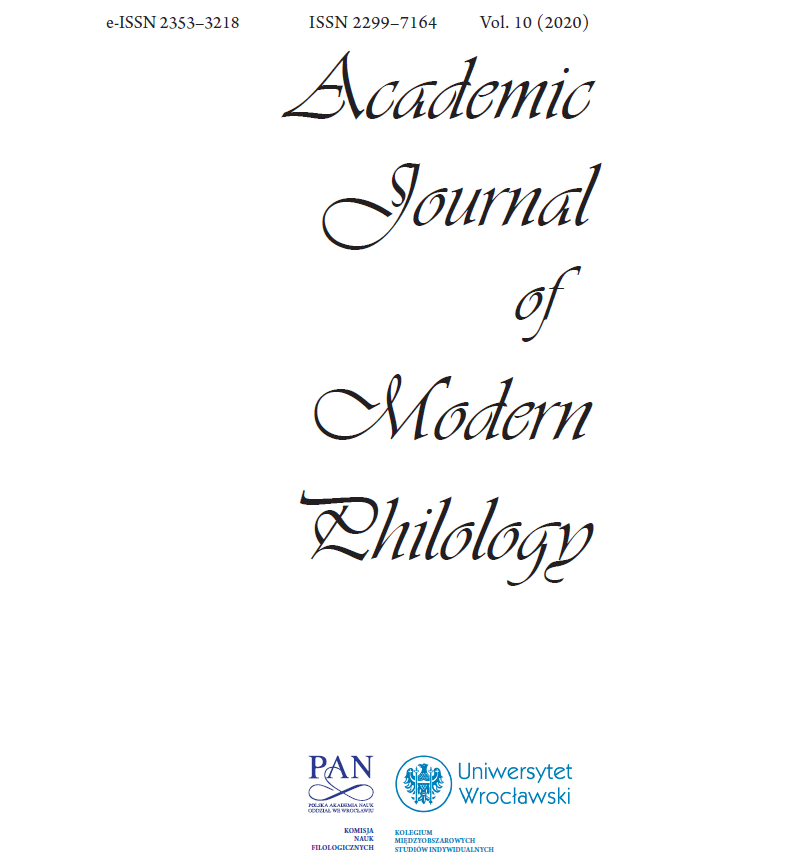Bilingualism in Malta: Preferences and Attitudes of Maltese University Students
Bilingualism in Malta: Preferences and Attitudes of Maltese University Students
Author(s): Natalia ChrzanowskaSubject(s): Language studies, Language and Literature Studies, Education, Foreign languages learning
Published by: Komisja Nauk Filologicznych Oddziału Polskiej Akademii Nauk we Wrocławiu
Keywords: languages of Malta; Maltese language; contact linguistics; bilingualism
Summary/Abstract: Malta is a small European island with over 440,000 citizens inhabiting the area of 316 square kilometers. Despite the geographical restriction, Malta has a highly interesting linguistic situation. Throughout the centuries, Malta was conquered and inhabited by numerous nations.In consequence, Maltese developed in the situations of constant language contact, which is traceable in the sounds recalling Arabic as well as the weaving of Italian and English phrases (Brincat 2006). The characteristic language contact situation is pending: since 1964 Malta has both Maltese and English as its official languages. Considering that Maltese does not have plenty of speakers and is not a widely spread language, it could be assumed that the present linguistic tendency on the island, especially among the young, would lean towards the usage of the current global language, which is English. Such a tendency among the young generation would imply the beginning of an end for the Maltese language. Nevertheless, the questionnaire conducted among a group of students of the University of Malta indicates that there is no such threat. All of the respondents point to Maltese as their native language and use it on a daily basis when talking with friends, family members and doctors. English is mostly used when counting, reading scholarly papers or watching TV. Interestingly enough, Italian, which was an official language of Malta till 1934, is still quite popular among the young. As far as the attitudes are concerned, English is considered as highly useful but inferior to Maltese.Knowledge of the language is thought to be significant for numerous reasons, yet it does not make the person speaking it more educated or intelligent as it used to. The researched group is small; however, it indicates some general tendencies in the area, which should be further researched
Journal: Academic Journal of Modern Philology
- Issue Year: 2020
- Issue No: 10
- Page Range: 91-110
- Page Count: 20
- Language: English

